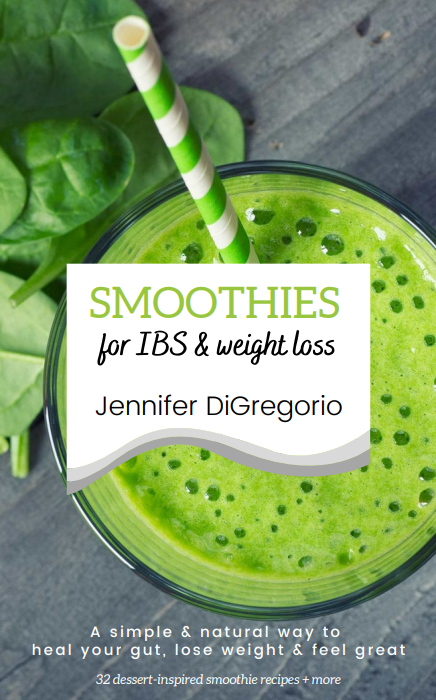Whether you’re looking for a healthy appetizer board for your next dinner party or you just need some snacks to pair with a bottle of wine – this Healthy Cheese Board is the perfect option.
Let’s talk about dairy …
There’s no question that dairy doesn’t work for everyone. Some people are allergic to or intolerant of the proteins in dairy, while others are highly sensitive to lactose, the sugar in dairy.
According to Chris Kresser, Functional Medicine Doctor, why dairy benefits some people and causes problems for others boils down to the health of the gut.
“If someone has compromised intestinal permeability, or “leaky gut”, it’s more likely that their immune system will respond to potentially allergenic components in milk such as alpha- and beta-casein, casomorphin and butyrophillin.
This is especially true for people who are gluten intolerant, because it has been shown that milk proteins commonly cross-react with gluten. Put another way, if you react to gluten, it’s more likely that you’ll also react to milk.
Along these same lines, people with small intestine bacterial overgrowth (SIBO) – which is one of the major causes of irritable bowel syndrome (IBS) – may be more likely to react to milk because the bacteria in their small intestine aggressively ferments lactose, the sugar in milk, causing gas, bloating and other G.I. symptoms.” Read more HERE.
If you’re not sure where you stand with dairy, the best approach is to remove it for 30 days and then reintroduce and see what happens. Elimination/reintroduction is still the gold-standard for determining sensitivity to a particular food.
If you are lactose intolerant, there’s good news … You may be able to enjoy some dairy since many types of cheese naturally have very low or non-measurable amounts of lactose.
Soft cheeses tend to have more lactose than hard cheeses. In addition, as cheese ages, it loses even more moisture, therefore the longer a cheese has been aged, the less lactose will remain in the final product.
Here’s a list of cheese types that are aged for long periods of time and are likely to have very small or non-measurable levels of lactose:
- Cheddar (aged 12+ months)
- Swiss (ages 14+ months
- Gouda (aged 18+ months)
- Parmigiano-Reggiano (aged 12 to 24 months)
- Grana Padano (aged 12 to 20 months)
- Mimolette (aged 22 months)
- Romano (aged 3 to 4 years)
Give this fresh and delicious cheese board a try. Feel free to select cheeses that work well for your body.

What you need for this healthy cheese board
3 cheeses of your choice
Grapes, green
Cucumber, sliced
Walnuts & almonds, raw or dry-roasted
Olives, green
Bosc pear, sliced
INSTRUCTIONS:
Grab a glass of wine and let your inner artist have fun with laying out these foods on a wood board or large platter. Don’t forget to brag about your food art when company arrives.

















0 Comments